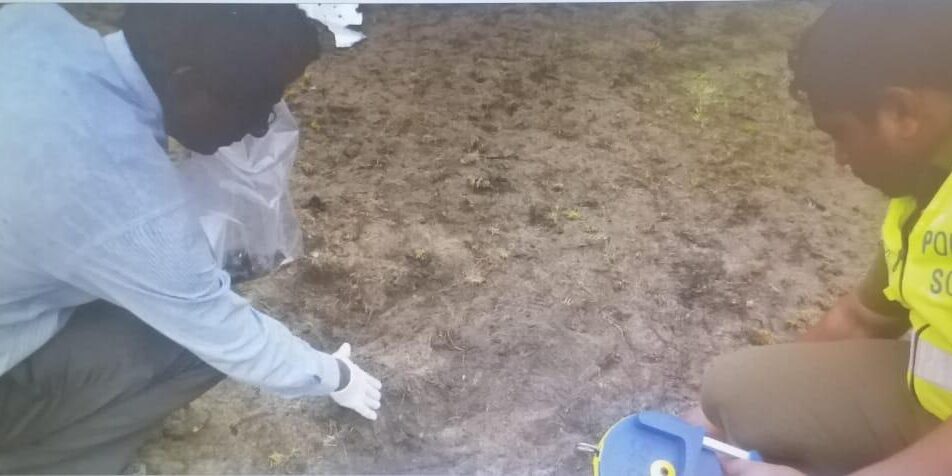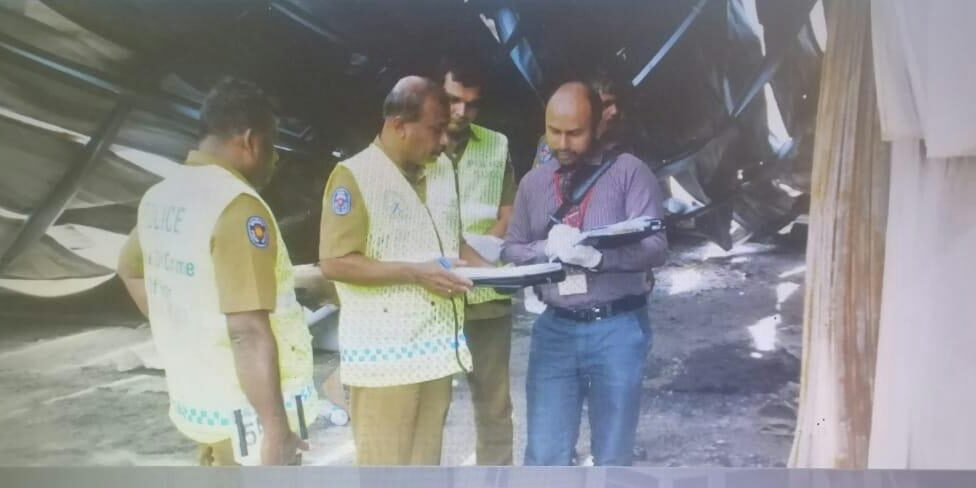What We Do:
- Post-Blast Investigation:
- Conduct forensic reconstruction to identify the seat of the explosion.
- Collect post-blast debris for laboratory analysis.
- Analyze post-blast debris for traces of explosives.
- Prepare and issue a scientific report based on gathered and analytical results to the court of law.
- Examination of Hand Grenades and IEDs:
- Analyze hand grenades and Improvised Explosive Devices (IEDs) such as “Hakka Pattas” and “Dappi” to determine if they fall under the Offensive Weapons Act.
- Conduct examinations after delousing, on the magistrate’s request.
- Analysis of Suspected Explosive Substances:
- Examine suspected substances to detect the presence of explosives.
- Analyze vehicles and garments for traces of explosives.
- Investigations Related to Oxygen and Volatile Substances:
- Measure the oxygen level in an environment or tank when a death is deemed suspicious, as requested by the Magistrate.
- Investigate explosions involving LP Gas to determine causes and mechanisms.
- Examine explosions involving volatile substances such as petrol vapours, laboratory and industrial solvents.
- Fire Scene Investigation:
- Investigate fire scenes to identify causes, upon requests from magistrates or police officers in charge (OIC).
- Examine burnt wires to identify signs of electrical faults, such as short circuits.
- Fire Debris Analysis:
- Analyze fire debris samples collected by Scene of Crime Officers (SOCOs) for traces of ignitable liquids.
- Analyze garments and other components to determine if individuals had direct involvement in crimes.
- Quality Assessment for Explosives Licensing:
- Examine black powder and safety fuses.
- Provide quality reports to the Ministry of Defence to facilitate licensing for explosive manufacturers in Sri Lanka.
- Educational Outreach:
- Conduct lectures on the forensic aspects of explosives and fire investigations.
- Target audiences include the armed forces (Army, Navy, and Air Force), Sri Lanka Police, Judicial Medical Officers, and other officers in the judicial system.
- Insurance-Related Fire Investigations:
- Conduct fire scene investigations for building and vehicle fires at the request of insurance companies.



